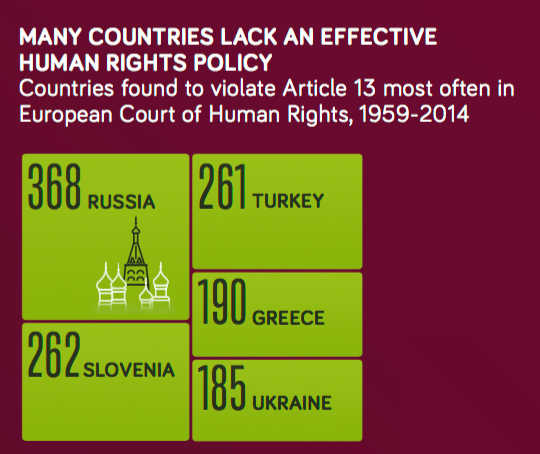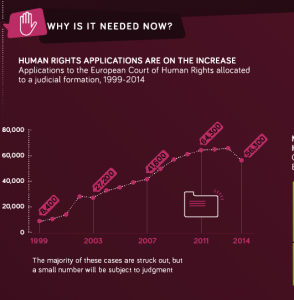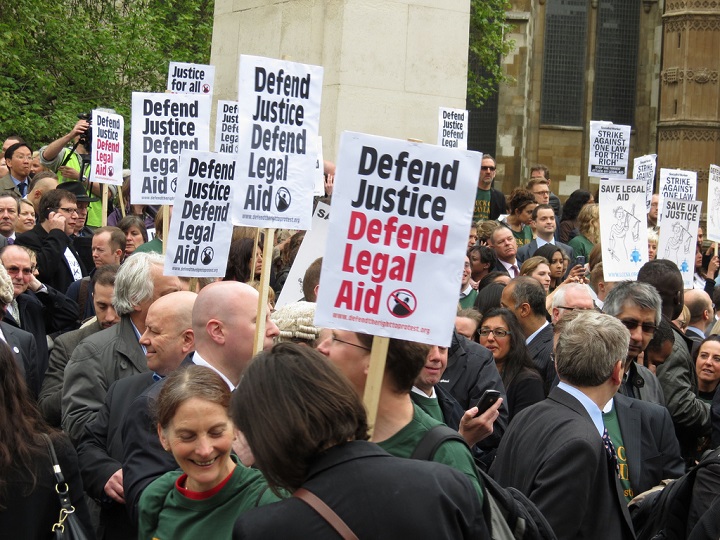As part of our award-winning Your Human Rights series, today we are focussing on Article 13.
The right to an effective remedy (Article 13) has a long history with origins in the Roman Law principle ubi jus ibi remedium (“where there is a right, there must be a remedy”). This principle has run through our legal system for centuries and forms the basis of ‘equity’ – that justice is about fairness.
 In short, Article 13 gives us the right to take action when our rights have been breached by the state. The action is usually for a judge to stop the breach, by requiring a State to stop or start taking a particular course of action. An Article 13 case may also involve repairing the damage caused, for example, by financial compensation.
In short, Article 13 gives us the right to take action when our rights have been breached by the state. The action is usually for a judge to stop the breach, by requiring a State to stop or start taking a particular course of action. An Article 13 case may also involve repairing the damage caused, for example, by financial compensation.
For example, when four children were abused, social services were alerted numerous times over six years about the appalling condition the children were living in and the suspected neglect they were suffering. Nothing was done by the authorities. At least three of the children were left with serious psychological disturbances as a result. The children’s guardian took social services to court for failing to protect them, and the English court said there was no remedy. So the case was taken to the European Court of Human Rights, which ruled that the local authority had failed in their duty to protect the children, and awarded the children financial compensation.
Article 13 helped a man who was imprisoned for seven years whilst awaiting his trial. In all that time he had no way of making a complaint. The court ruled that there had been no way for him to enforce his right to a hearing within reasonable time.
And when Chechen victims of disappearances, extra-judicial executions and illegal occupation didn’t have access to a remedy for these breaches of their rights, Article 13 meant that they received justice.
 In 2014 there were 56,300 applications to the European Court of Human Rights, an increase from 41,600 from 2007. Whilst the majority of cases will get struck out, the sheer number of cases demonstrates that many human rights abuses happen, and a need to redress such violations is as important as ever.
In 2014 there were 56,300 applications to the European Court of Human Rights, an increase from 41,600 from 2007. Whilst the majority of cases will get struck out, the sheer number of cases demonstrates that many human rights abuses happen, and a need to redress such violations is as important as ever.







